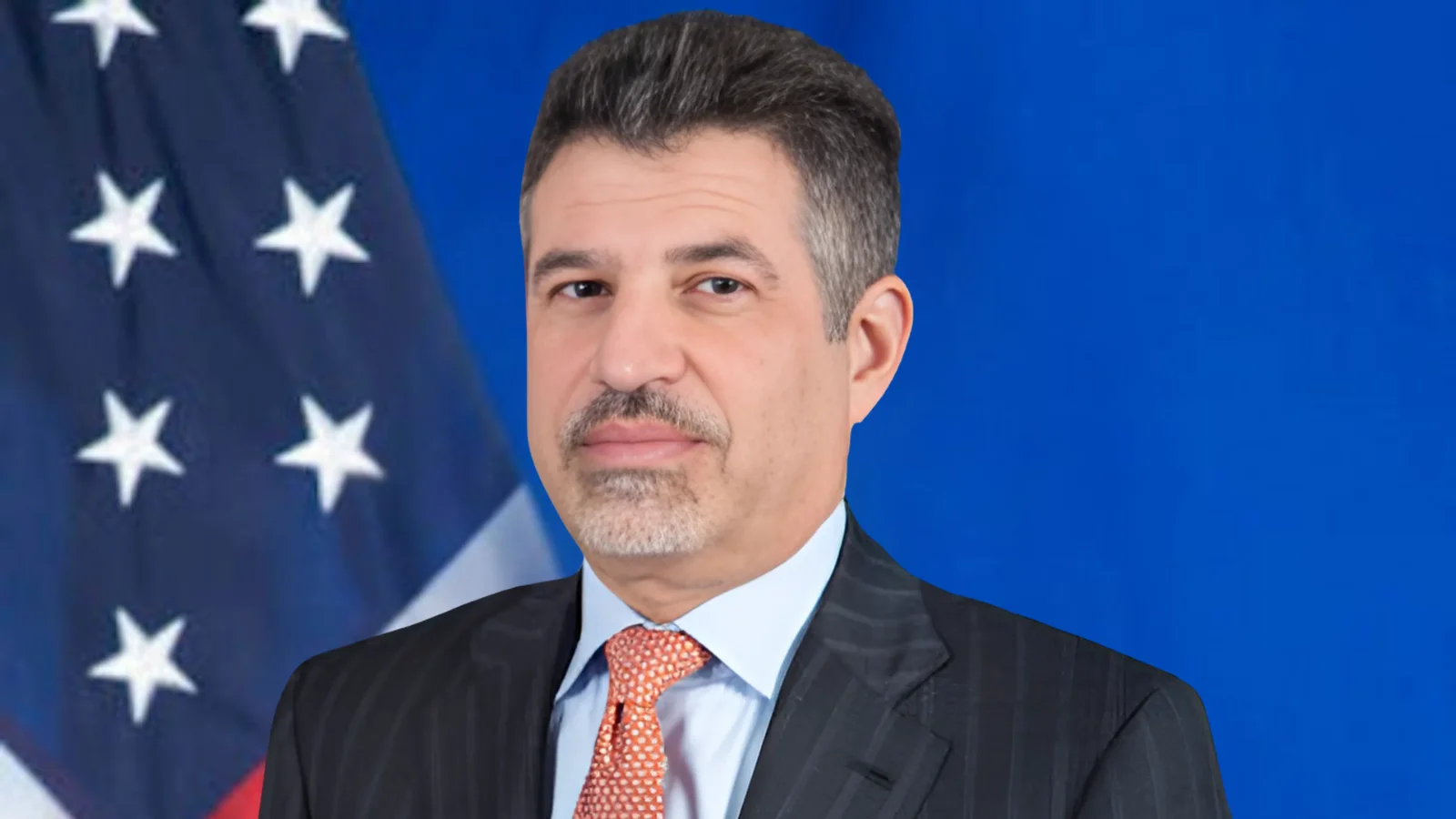Today, the U.S. Department of the Treasury’s Office of Foreign Assets Control (OFAC) has taken action against two individuals and five entities involved in money laundering and importing petroleum products into Houthi-controlled territories. The Iran-backed Houthis reportedly generate significant revenue by taxing these imports, which funds their destabilizing activities in the region.
The targeted network operates across Yemen and the United Arab Emirates (UAE), comprising key importers of petroleum products that benefit the Houthis. "The Houthis collaborate with opportunistic businessmen to reap enormous profits from the importation of petroleum products and to enable the group’s access to the international financial system," said Deputy Secretary of the Treasury Michael Faulkender. "These networks of shady businesses underpin the Houthis’ terrorist machine, and Treasury will use all tools at its disposal to disrupt these schemes."
This move is part of a broader strategy under Executive Order 13224 aimed at disrupting Houthi revenue streams and weapons procurement efforts. OFAC has previously taken similar actions on multiple occasions over the past year.
Muhammad Al-Sunaydar, a prominent petroleum importer managing companies between Yemen and UAE, is among those designated today. His company, Arkan Mars Petroleum Company for Oil Products Imports, along with its UAE-based affiliates Arkan Mars Petroleum DMCC and Arkan Mars Petroleum FZE, have been implicated in exporting oil worth millions to Yemen through Houthi-controlled ports.
Yahya Mohammed Al Wazir is also designated for his role in laundering money for the Houthis. Additionally, Amran Cement Factory is identified as a source of financial support for military endeavors in northern Yemen.
All property and interests belonging to these designated individuals or entities within U.S. jurisdiction are now blocked. Transactions involving them are prohibited unless authorized by OFAC. Violations may result in penalties for both U.S. and foreign persons.
OFAC emphasizes that sanctions aim not only to penalize but also to encourage positive behavioral changes by those listed on their Specially Designated Nationals List.

